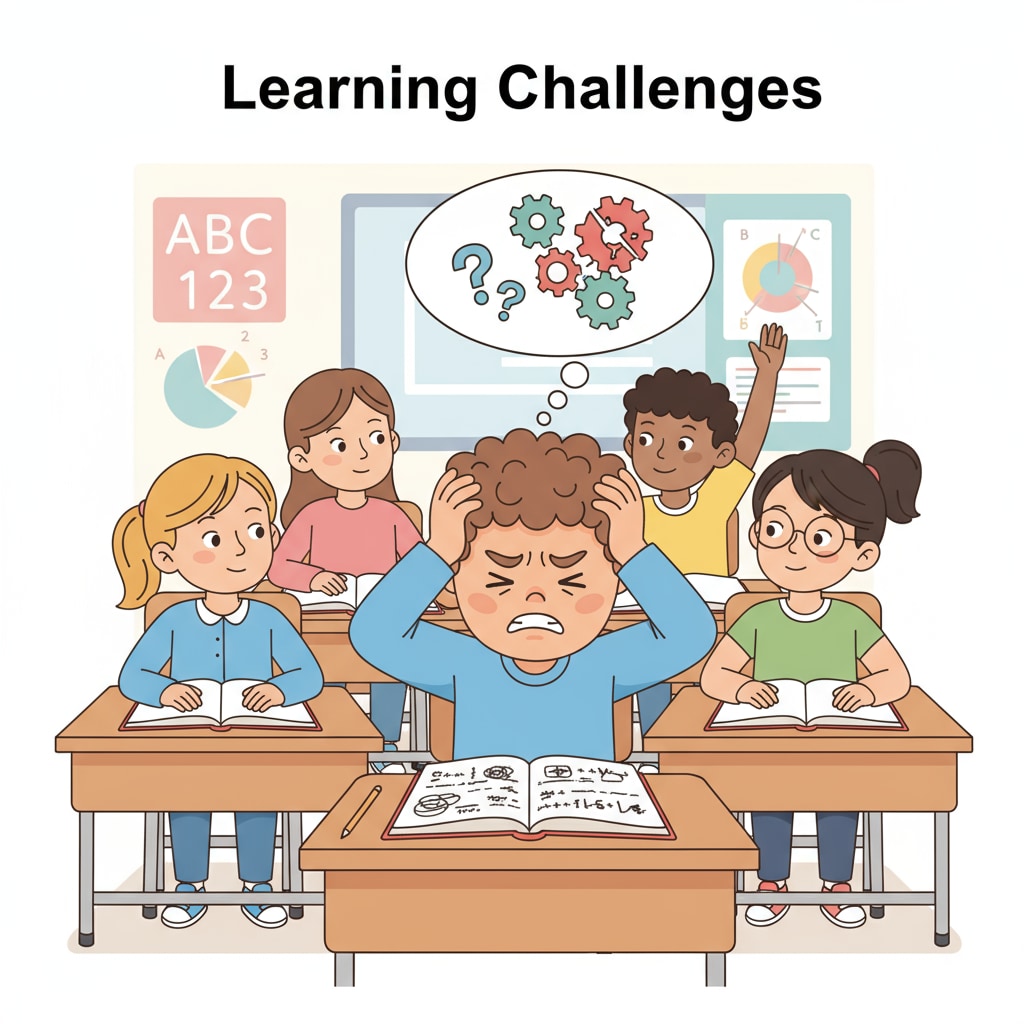Learning difficulties, cognitive disorders, and self – loathing often go hand in hand for students in the K12 education system. These “invisible wounds” can deeply affect a child’s mental state and academic progress.

As we journey through understanding these issues, we can better assist these young minds in finding their path to redemption.
The Battle of Learning Difficulties
Learning difficulties in K12 are more common than one might think. Students with such challenges often find themselves struggling to keep up with their peers. For example, they may have trouble understanding basic math concepts or reading comprehension. According to Understood.org, many children with learning difficulties are mislabeled as lazy or unmotivated. This misunderstanding can lead to a downward spiral of self – confidence.

Cognitive Disorders: The Hidden Hurdles
Cognitive disorders play a significant role in learning difficulties. Conditions like dyslexia or ADHD can impede a student’s ability to process information effectively. As stated on The National Institute of Mental Health website, these disorders affect the brain’s normal functioning. Students with cognitive disorders may feel isolated in the classroom, as they struggle to meet the academic demands placed on them.
The combination of learning difficulties and cognitive disorders often gives rise to self – loathing. Students start to blame themselves for not being able to perform as well as others. They may develop a negative self – image, believing that they are inferior. However, it’s crucial to recognize that these students are not at fault. They simply need the right support and understanding.
Readability guidance: By highlighting the distinct issues of learning difficulties and cognitive disorders, we can better understand their impact on students. Short paragraphs and clear transitions help in presenting this complex topic in an accessible way.


